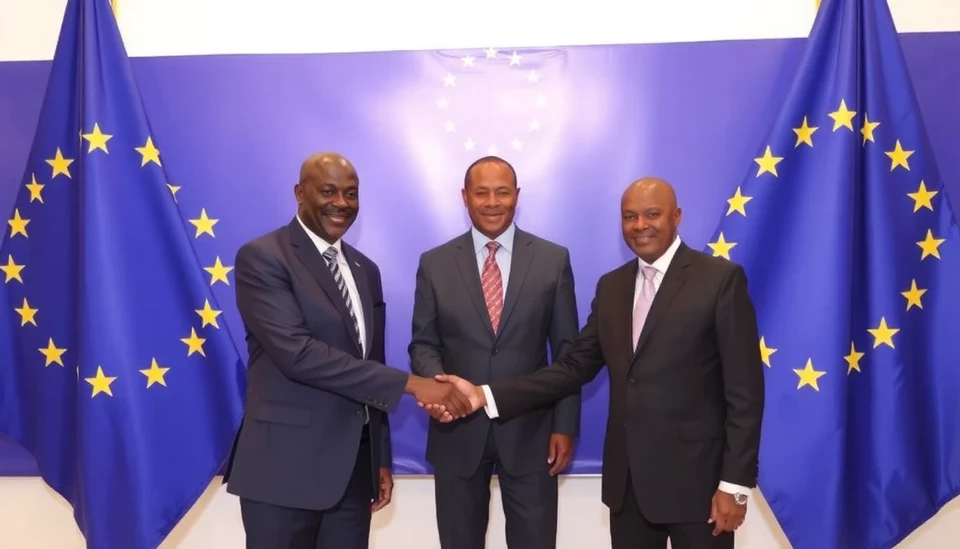
In a significant economic development, Kenya has reported a notable decline in its inflation rate, which has dropped to 3.3% as of January 2025. This decrease marks a substantial shift in financial conditions within the country, raising prospects for additional easing of monetary policy by the Central Bank of Kenya (CBK).
The latest figure is a considerable dip from previous months, reflecting a general trend of stabilizing prices across various sectors. Economists and market analysts view this reduction positively, as it creates an environment conducive for the CBK to consider further interest rate cuts. The merger of lower inflation with previous monetary easing measures illustrates the ongoing efforts to stimulate economic growth and support the local population amidst global economic challenges.
The inflation rate has been on a downward trajectory, propelled by several factors. Key among them is a drop in the prices of food and energy, which tend to heavily influence the overall inflation computations. With food prices stabilizing, the cost of living for many Kenyans has eased, allowing consumers a bit of financial breathing room.
Moreover, this change in the inflation landscape comes at a time when the CBK had previously slashed the benchmark interest rate to 7%, with the intention of encouraging borrowing and boosting economic activity. Should the inflation trend continue, a further rate cut could be imminent. Analysts predict that a lower interest rate would not only promote more accessible loans for individuals and businesses but also support investment in key sectors critical for economic recovery.
However, the CBK remains vigilant and calls for caution as it assesses both domestic conditions and global economic implications. The central bank's officials highlighted that while the easing inflation provides a window of opportunity, it is essential to ensure that such moves do not ignite inflationary pressures down the line.
Additionally, the latest data suggests that consumer confidence is gradually returning, potentially influenced by a stable political climate and improved manufacturing output. This revival in confidence is critical as it encourages spending, which in turn would support economic growth.
The upcoming monetary policy committee meeting is poised to be highly influential, as stakeholders across financial sectors will be keenly observing the central bank's decisions. The current inflation rate, combined with other economic indicators, will guide the CBK in its bid to balance inflation management and growth stimulation.
In summary, the recent dip in Kenya's inflation rate to 3.3% strengthens the argument for another interest rate reduction. The combination of decreasing prices for essential goods and a recovering economy paints a hopeful picture, leading many observers to anticipate policy shifts that could benefit consumers and businesses alike.
#Kenya #Inflation #InterestRate #Economy #CentralBank #MonetaryPolicy #EconomicGrowth #ConsumerConfidence #MarketAnalysis
Author: Rachel Greene




